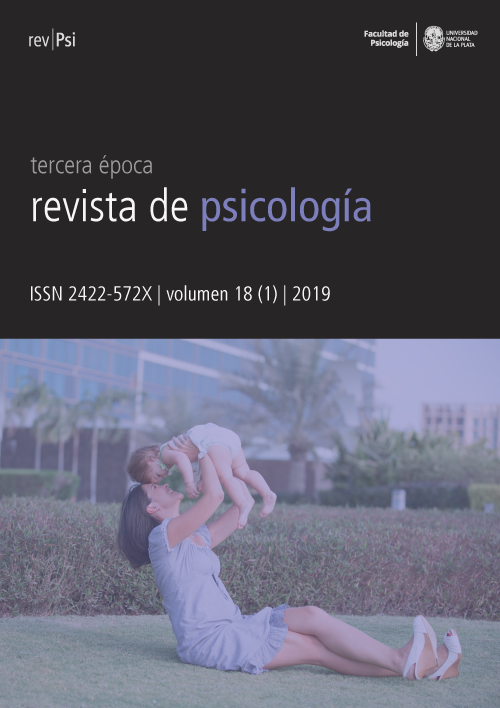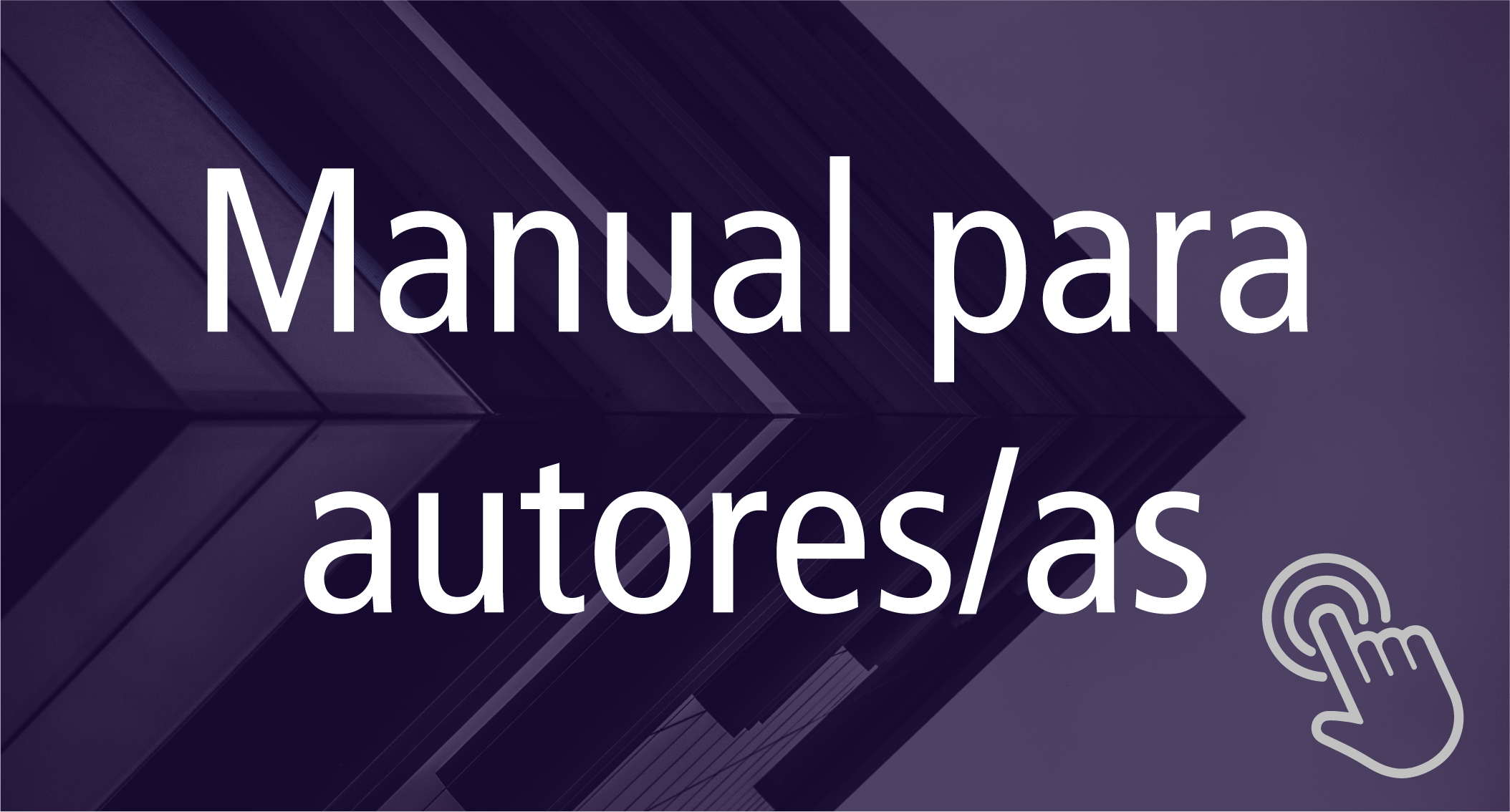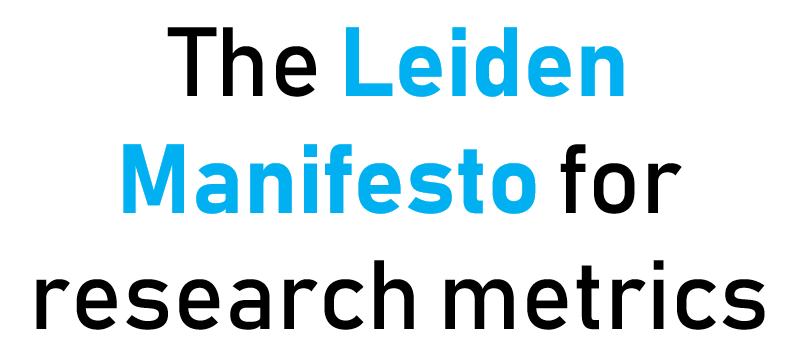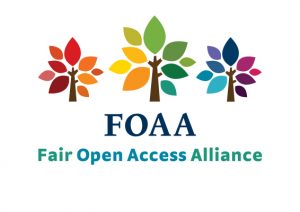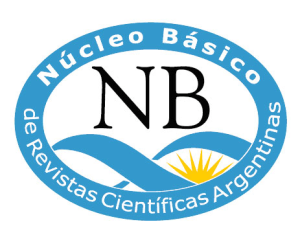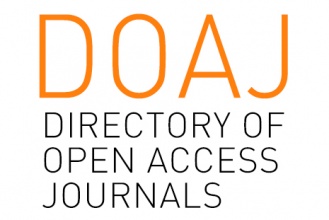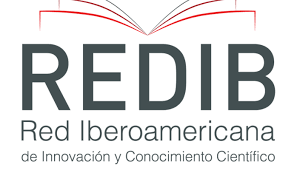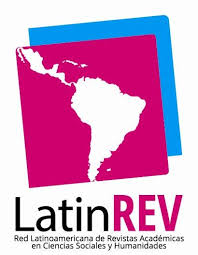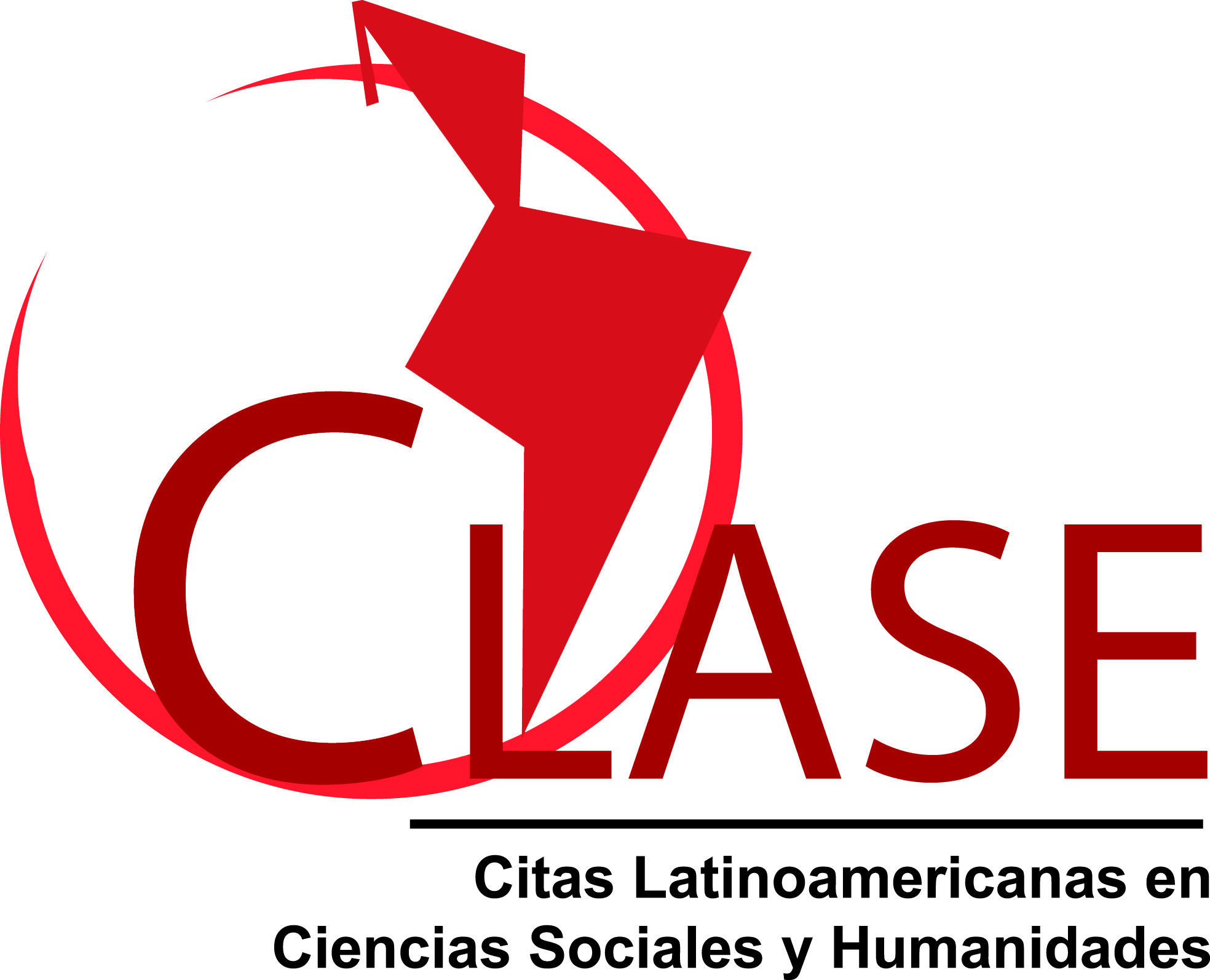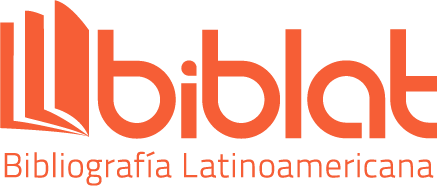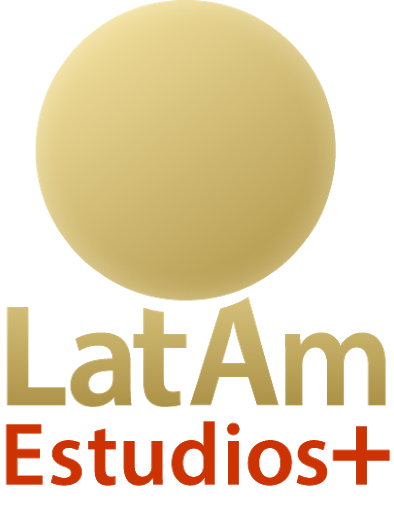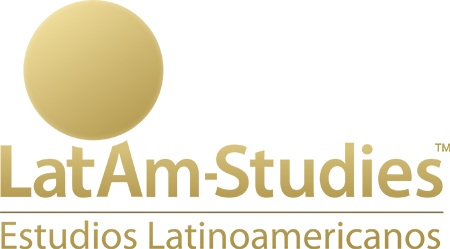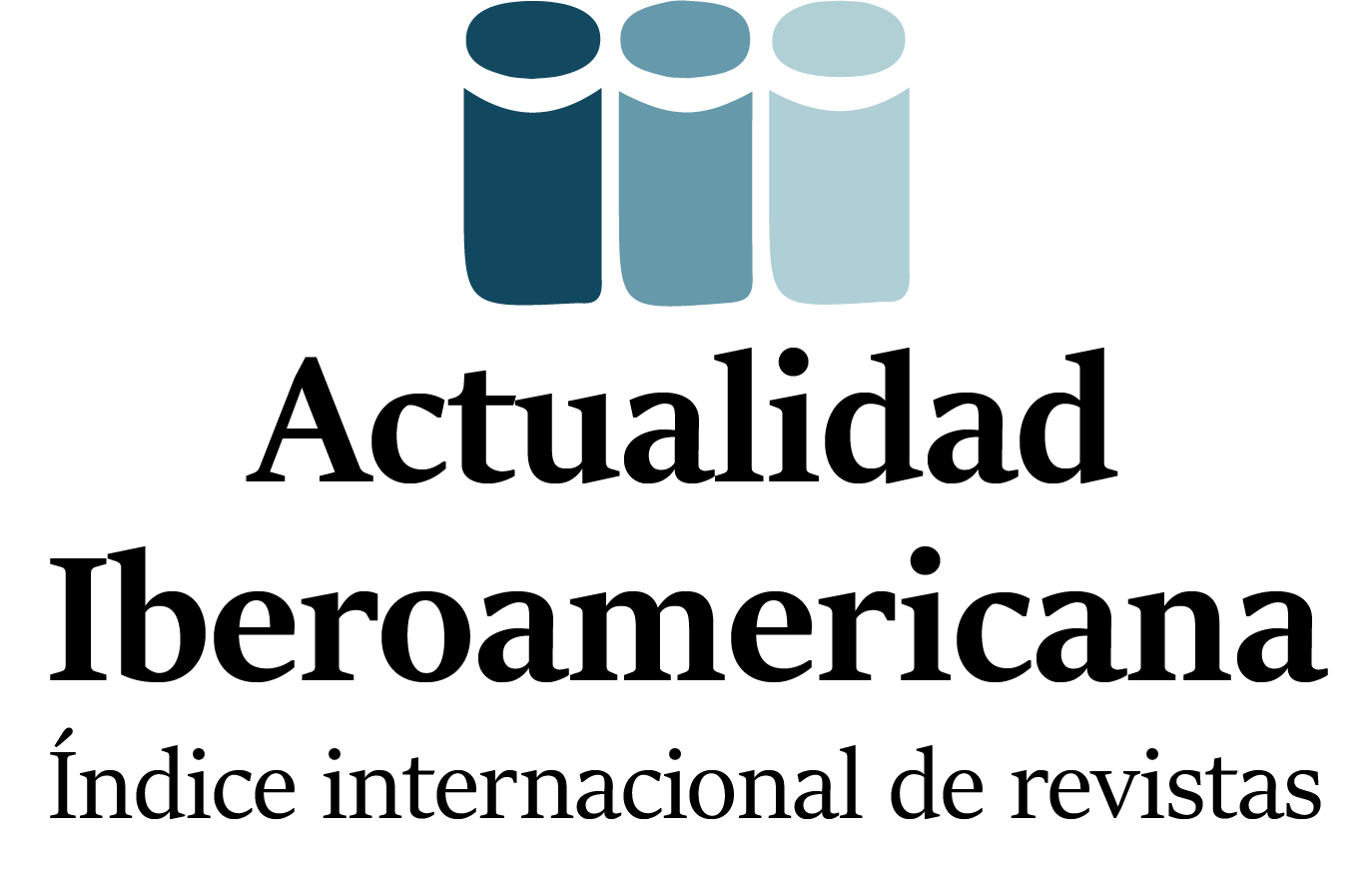El bienestar emocional en madres de hijos con diagnóstico de TEA
DOI:
https://doi.org/10.24215/2422572Xe027Palabras clave:
bienestar emocional, madres, TEA, discapacidadResumen
Presentamos resultados de un estudio exploratorio sobre bienestar emocional de madres de un centro formado por una organización referente en Trastornos del Espectro Autista (TEA) del departamento de San José, Uruguay. Proponemos un avance de resultados y análisis que corresponde al primer objetivo del estudio mayor “Incidencia del cuidado en la calidad de vida de madres de hijos/as con discapacidades severas de origen psíquico”, desarrollado por el Programa Discapacidad y Calidad de Vida (Facultad de Psicología, Universidad de la República). Se plantean los objetivos: (a) describir el bienestar emocional de las madres participantes del estudio; y (b) describir qué aspectos del bienestar emocional se relaciona con el hecho de tener un/a hijo/a con diagnóstico de TEA. Se propone el análisis de los resultados en función de la dimensión Bienestar Emocional del concepto calidad de vida familiar propuesto por Ann Turnbull.
Descargas
Métricas
Citas
Aubeeluck, A. V., Buchanan, H. y Stupple, E. J. N. (2012). ‘All the burden on all the carers’: exploring quality of life with family caregivers of Huntington’s disease patients. Quality of Life Research, 21(8), 1425-1435. https://doi.org/10.1007/s11136-011-0062-x
Bagnato, M. J. (2009). Trabajadores con Discapacidad Intelectual. Abordaje de sus habilidades laborales. Montevideo: CSIC.
Bagnato, M. J., Da Cunha, H. y Falero, B. (2011). Personas en situación de dependencia por discapacidad. Documento de trabajo para el debate. Montevideo: Grupo de Trabajo de Sistema Nacional del Cuidados / MIDES.
Beck, A., Hastings, R. P., Daley, D. y Stevenson, J. (2004). Pro‐social behaviour and behaviour problems independently predict maternal stress. Journal of Intellectual & Developmental Disability, 29(4), 339-349. https://doi.org/10.1080/13668250400014509
BPS. (2015). Informe sobre Encuesta Longitudinal de Protección Social (Ronda 2012-2013).
Brasfield, C. (2008). An exploration of the stressors, coping resources, and resiliency of rural mothers of children with special needs. US, ProQuest Information & Learning, 69, 665.
Cabanyes Truffino, J. y García Villamisar, D. (2004). Identificación y diagnóstico precoz de los trastornos del espectro autista. Revista de Neurología, 39(01), 81-90. https://doi.org/10.33588/rn.3901.2004098
Canal Bedia, R., García Primo, P., Touriño Aguilera, E., Santos Borgujo, J., Martín Cilleros, M. V., Ferrari, M. J., … Posada de la Paz, M. (2006). La detección precoz del autismo. Psychosocial Intervention, 1(15), 29-45.
Gómez, M. y Sabeh, E. (2001). Calidad de vida. Evolución del concepto y su influencia en la investigación y la práctica. Salamanca: Instituto Universitario de Integración en la Comunidad, Facultad de Psicología, Universidad de Salamanca.
Gómez, V. (2008). El debate en torno a la regulación de la igualdad de género en la familia. Política y Sociedad, 45(2), 13-28.
INE. (2011). Censo Nacional 2011. Informe final. Montevideo: INE.
Kobe, F. H. y Hammer, D. (1994). Parenting stress and depression in children with mental retardation and developmental disabilities. Research in Developmental Disabilities, 15(3), 209-221.
Lessenberry, B. M. y Rehfeldt, R. A. (2004). Evaluating stress levels of parents of children with disabilities. Exceptional Children, 70(2), 231-244. https://doi.org/10.1177/001440290407000207
Marradi, A. (2007). Metodología de las Ciencias Sociales. Buenos Aires: Emecé.
Martin, S. y Baker, D. (2001). Families and children with severe disabilities: Daily lives, systems, and concerns. Presentado en American Association of Behavioral and Social Sciences Meeting, Las Vegas.
Martínez, M. y Bilbao León, M. (2008). Acercamiento a la realidad de las familias de personas con autismo. Psychosocial Intervention, 17(2), 215-230.
Merino, M., Martínez, M., Cuesta, J., García, I. y Pérez de la Varga, L. (2012). Estrés y familias de personas con autismo. España: Federación Autismo Castilla y León.
Peralta López, F. y Arellano Torres, A. (2010). Familia y discapacidad. Una perspectiva teórico-aplicada del Enfoque Centrado en la Familia para promover la autodeterminación. Electronic Journal of Research in Educational Psychology, 8(3), 1339-1362.
Pozo, P. (2010). Adaptación psicológica en madres y padres de personas con trastornos del espectro autista: Un estudio multidimensional (Tesis doctoral inédita). Universidad Nacional de Educación a Distancia, Madrid. Recuperado a partir de http://e-spacio.uned.es/fez/eserv.php?pid=tesisuned:Psicologia-Mppozo&dsID=Documento.pdf
Rodríguez, J. M. (2011). Métodos de investigación cualitativa. Revista de Investigación Silogismo, 8, 1-33.
Schalock, R. y Verdugo Alonso, M. (2007). El concepto de calidad de vida en los servicios y apoyos para personas con discapacidad intelectual. Siglo Cero, 38(4), 21-36.
Turnbull, A. (2003). La calidad de vida de la familia como resultado de los servicios: el nuevo paradigma. Siglo Cero, 34(3), 59-73.
Verdugo Alonso, M. (2002). Evaluación de la percepción de calidad de vida en la infancia. Psicothema, 14(1), 86-91.
Verdugo Alonso, M., Rodríguez Aguiella, A. y Sainz Modino, F. (2012). Escala de calidad de vida familiar. Manual de aplicación. Salamanca: INICO.
Viola, L., Garrido, G. y Varela, A. (2008). Estudio epidemiológico sobre la Salud Mental de los niños uruguayos. Montevideo: Universidad de la República.
Withers, P. y Benett, L. (2003). Myths and marital discord in a family with a child with profound psychological and intellectual disabilities. British Journal of Learning Disabilities, 31, 91-95.
Descargas
Publicado
Cómo citar
Número
Sección
Licencia
![]()
Los autores/as que publiquen en esta revista aceptan las siguientes condiciones:
- Los autores/as conservan los derechos de autor y ceden a la revista el derecho de la primera publicación, con el trabajo registrado con la licencia de atribución de Creative Commons, que permite a terceros utilizar lo publicado siempre que mencionen la autoría del trabajo y a la primera publicación en esta revista.
- Los autores/as pueden realizar otros acuerdos contractuales independientes y adicionales para la distribución no exclusiva de la versión del artículo publicado en esta revista (p. ej., incluirlo en un repositorio institucional o publicarlo en un libro) siempre que indiquen claramente que el trabajo se publicó por primera vez en esta revista.
- Se permite y recomienda a los autores/as a publicar su trabajo en Internet (por ejemplo en páginas institucionales o personales) antes y durante el proceso de revisión y publicación, ya que puede conducir a intercambios productivos y a una mayor y más rápida difusión del trabajo publicado (veaThe Effect of Open Access).

